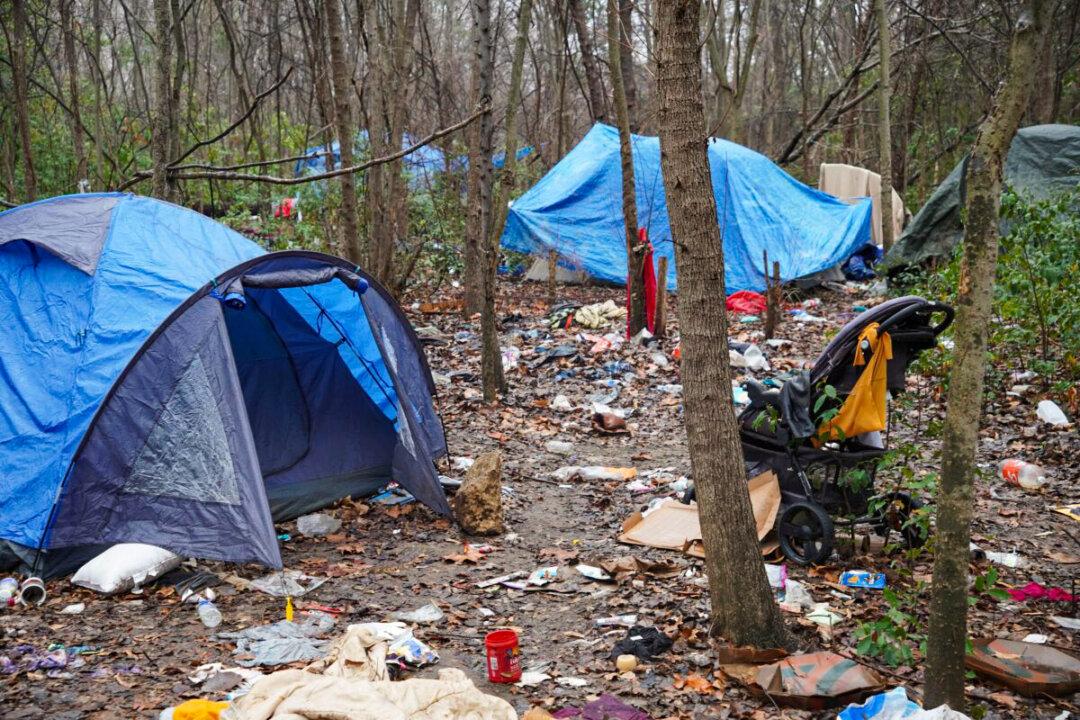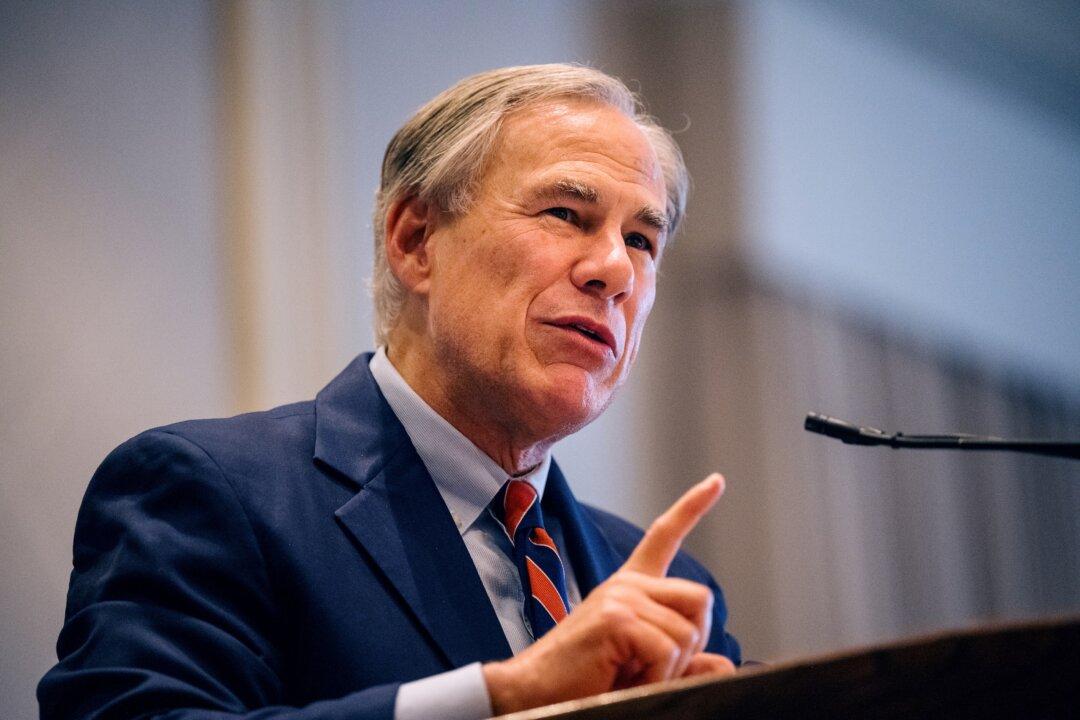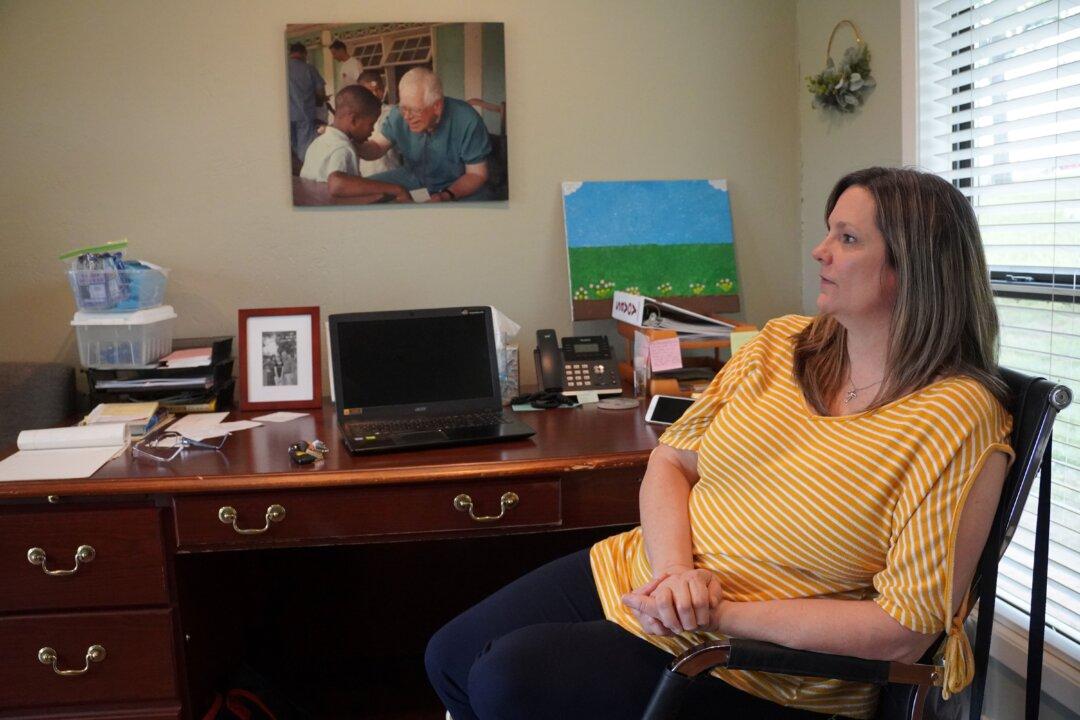Homeless issues in Tyler, Texas, are not expected to be eradicated, said the city’s mayor and a police sergeant on Feb. 24, to The Epoch Times.
But there is the expectation that Tyler’s homeless problem can be “mitigated, managed, and controlled,” given the right focus and proper distribution of available resources.





